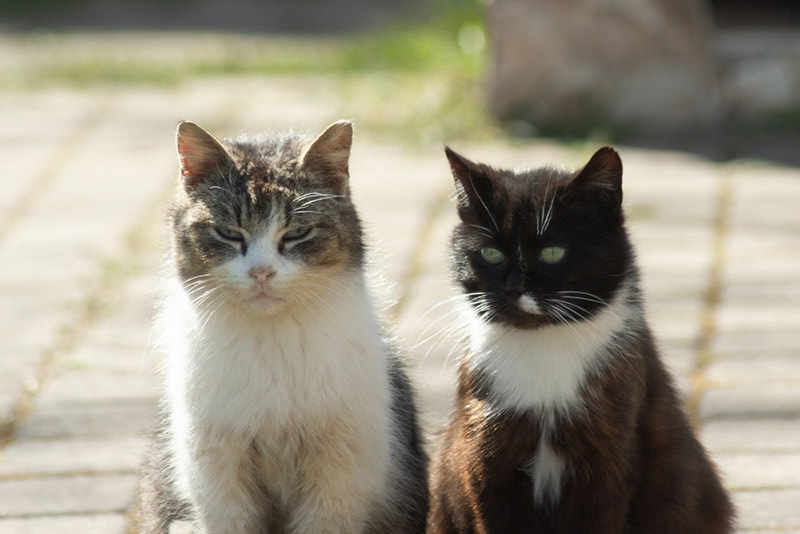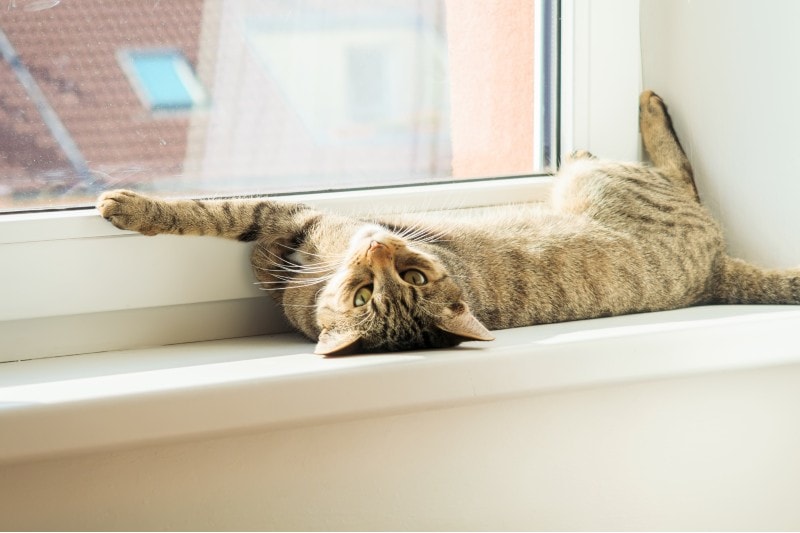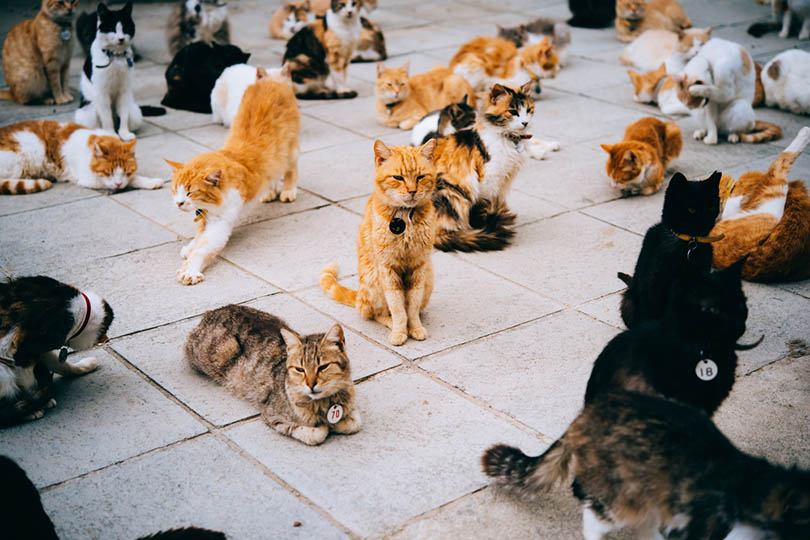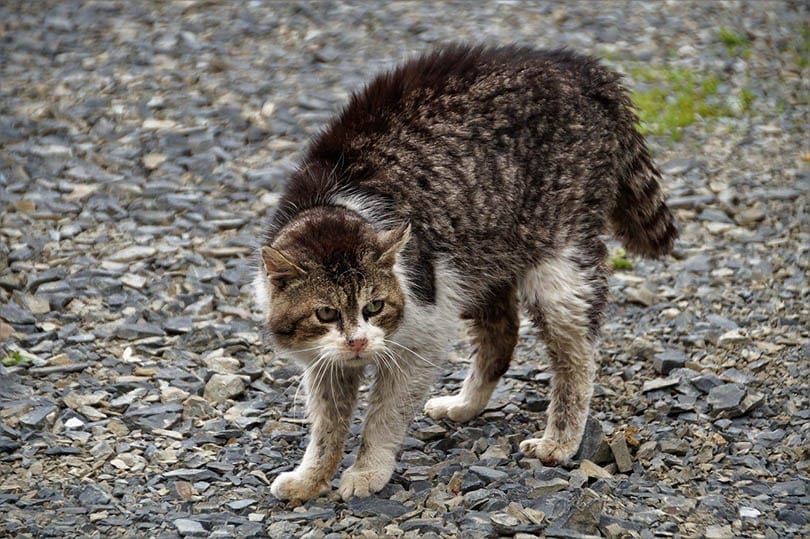Many people don’t know that domestic cats are one of the most problematic invasive species that can be introduced to a new habitat. Feral domestic cats are incredibly survivable, but they’re also devastating to many local flora and fauna, and no state knows more about them than Hawai’i.
Hawaii’s Invasive Species Council has named the domestic cat, Felis catus, as “one of the most devastating predators to Hawaii’s unique wildlife.” However, cats don’t just represent a predator either. Toxoplasma gondii is a potentially lethal parasite that can be spread through cat feces which has been found to negatively affect Hawaii’s terrestrial, marine, and freshwater environments and negatively impact local birds.

Why Are Domestic Cats So Harmful to Local Ecosystems?
According to the International Union for the Conservation of Nature, Felis catus has been implicated as the world’s most harmful invasive species1. Additionally, a study showed that Felis catus is responsible for the most significant amount of ecological damage in monetary value, with over 43 billion dollars in damage being done by cats in 20172. Domestic cats have also been responsible for the extinction of at least 33 species and are a threat to at least 8% of endangered birds, mammals, and reptiles3.
Cats need to eat, and they get their food from hunting small animals and insects in their territories. This can lead to extinction in severe cases.


What Can I Do to Help the Situation?
Donating to Hawaiian organizations to help deal with the fallout of the introduction of cats to their ecosystem can help mobilize forces to stem and repair the damage being done by the cats released into their ecosystem. The Hawaiian Invasive Species Council also has some tips for Hawaiian residents or natives who want to help the situation.
1. Spay and Neuter Pet Cats
The biggest threat to wildlife right now is cat reproduction. Many people would find it inhumane to cull large populations of cats. So, the next best thing we can do is stop the cats from reproducing and growing in population.
By spaying and neutering your pet cats, you prevent accidental pregnancies, preventing dumped kittens, and more feral cats from being born. Kittens can be ready to mate and conceive as young as four months old. So, get your cats fixed to help prevent an ecological crisis!
2. Keep Cats Indoors and Safely and Securely Contained
It’s best to keep your cats indoors. However, if you want to let your cat get some fresh air, ensure that they’re safely contained. For example, put your cat on a leash and walk them or get them a secure, stable catio structure that they can use to enjoy the outside without having access to local wildlife.

3. Microchip Pet Cats
Microchipping your pet is an excellent practice to get in the habit of. It allows you to be reunited with your cat should they get lost; it also helps prove who owns your cat should you ever come to a dispute about their ownership.
4. Never Abandon Pet Cats
You should never abandon a pet, period. Surrender the cat to a local animal shelter if you can no longer care for them so that there’s a chance someone could adopt them.

5. Do Not Feed Feral Cats
Don’t feed feral cats. While you might think this will prevent them from hunting endangered fauna, you’d be wrong. Hunting is an instinctive behavior for cats rather than a need-based behavior. They will hunt whether they need to or not.

Final Thoughts
While cats may be cute and cuddly, they can wreak havoc on an environment if introduced to them. Hawai’i is just one of many places struggling with the local feral cat population devastating their wildlife. If you want to help, you can donate to the Hawaiian Humane Society to help them continue their Trap-Neuter-Return program!
Featured Image Credit: ivabalk, Pixabay
